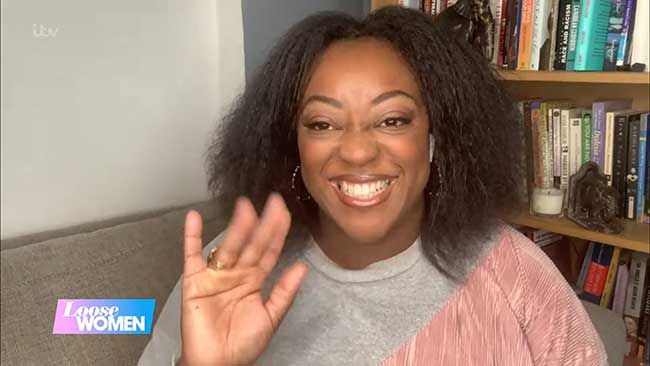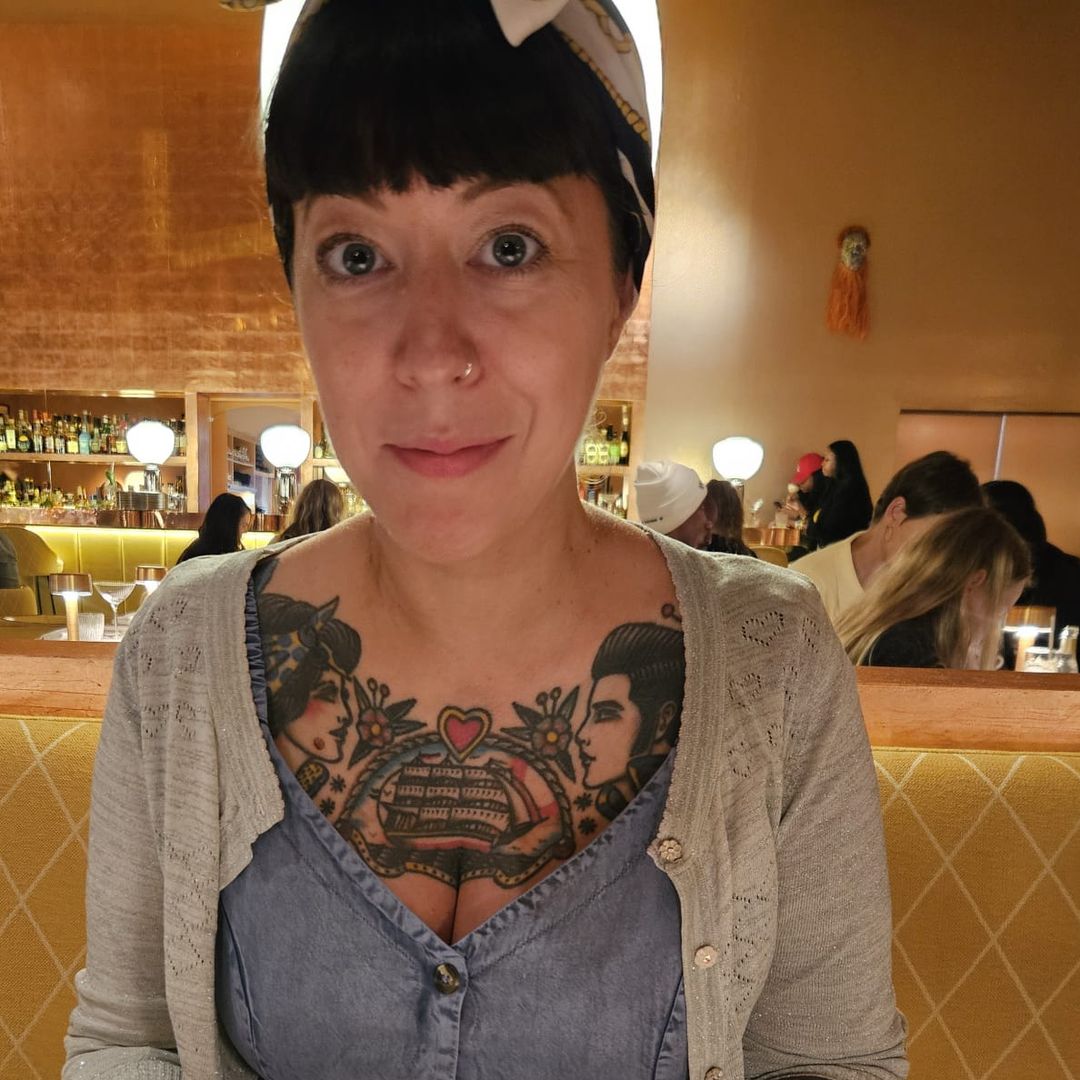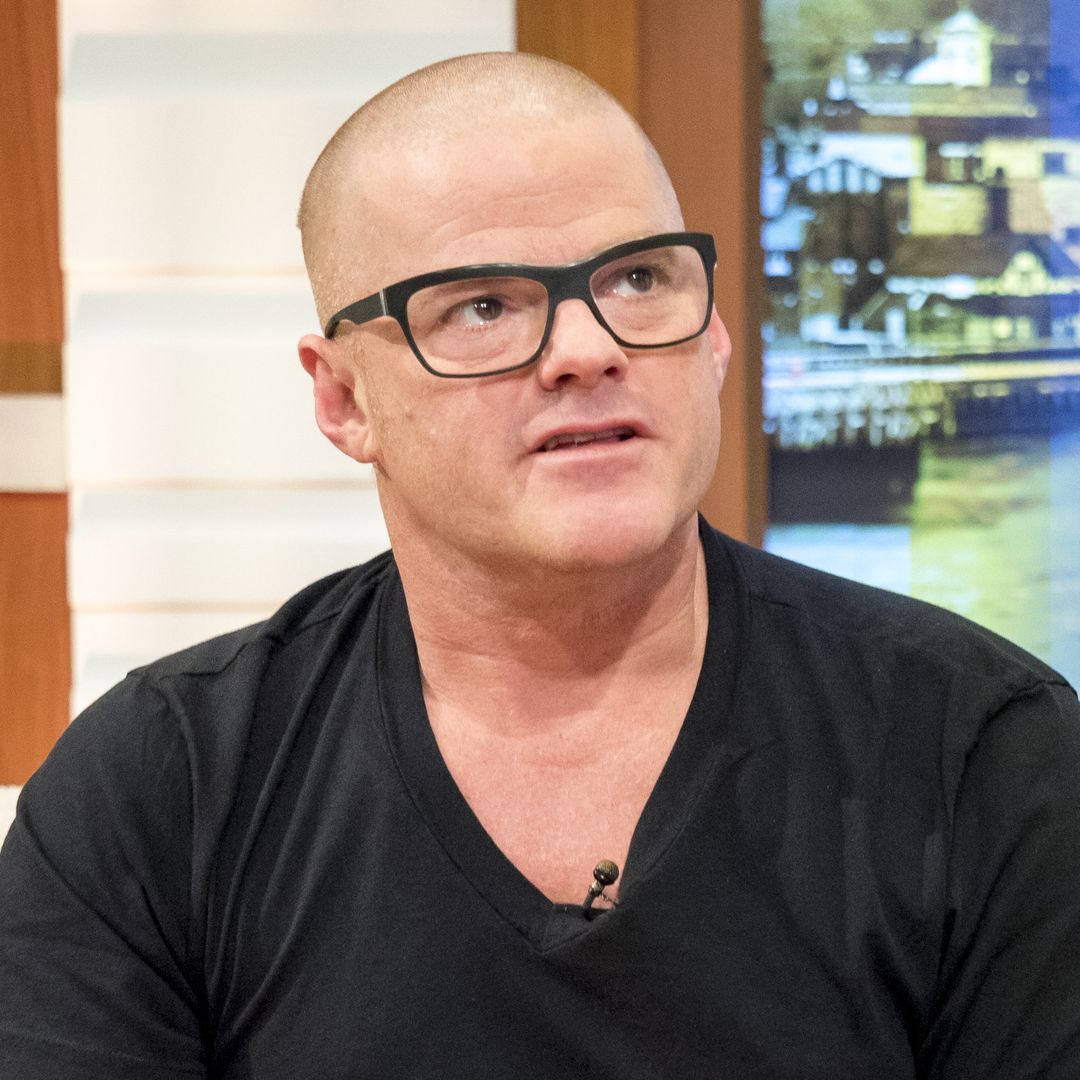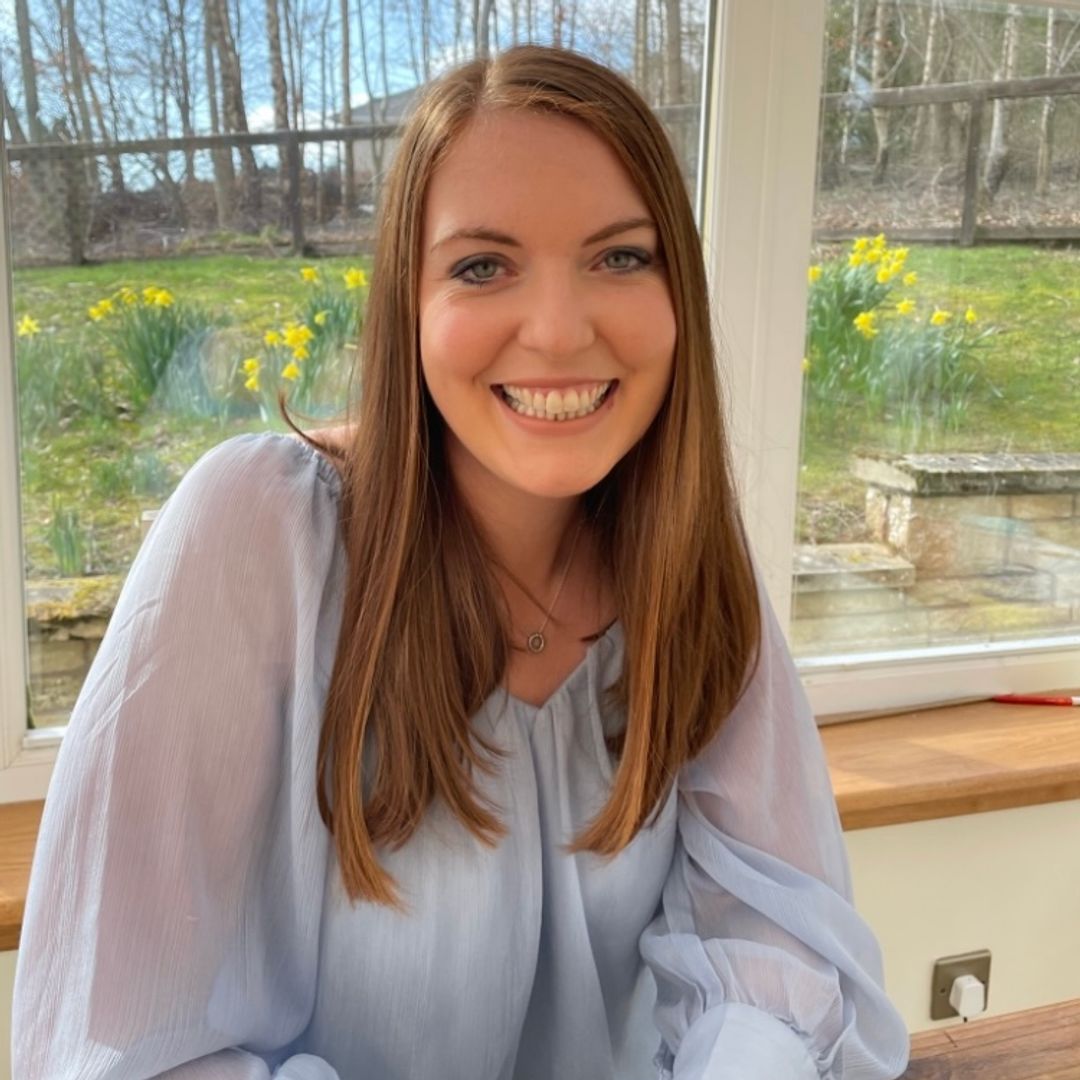Strictly Come Dancing star and Loose Women host Judi Love previously opened up about experiencing "constant secondary trauma" as a result of historical racism.
SEE: Judi Love's cosy East London family house – see inside
She discussed the issue on an episode of Loose Women during Black History Month.
WATCH: Loose Women makes history with all black panel
"I get this really nervous feeling sometimes," she began. "Black history is important, but if I speak from my heart, the nervousness comes from Black History Month only being about the negative things, the negative impact."
Judi went on to explain how watching a documentary on slavery had left her feeling "emotionally drained".
"It knocked me for about three weeks," she said. "I felt emotional and drained and I realised it's secondary trauma. It's entertainment for a lot of people, but it's secondary trauma, it makes me emotional.
MORE: Strictly star Judi Love moved to tears as she dedicates dance to her late parents
SEE: The Loose Women stars' stylish homes unveiled
Judi Love is a panellist on Loose Women
"It might be something simple, like a black mother picking a school in an area, but she's thinking, 'Will he be safe while he's travelling there?' It's constant. A lot of people in the black community have seen this for a long time."
She added: "It's hard and there are so many beautiful things about the black community. There are so many things to be celebrated. People need to be educated about what's going on, because it's not a lie. We're tired of it, it's emotional and it affects our mental health, it's secondary trauma."
What is secondary trauma?
According to Mind, secondary trauma is when the original trauma has happened to someone else, but the impact it has on you is traumatic.
Mind adds: "It doesn't mean it's any less significant than any other kind of PTSD, or any easier to deal with."
"Repeatedly witnessing or hearing about traumatic events in the course of your job is also sometimes called 'secondary trauma', although this experience is increasingly thought of by professionals as an original (primary) trauma."
Like this story? Sign up to our newsletter to get other stories like this delivered straight to your inbox.










